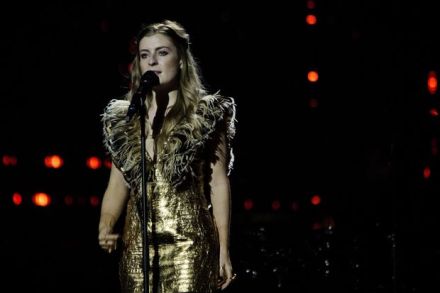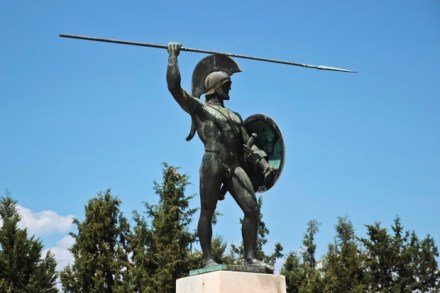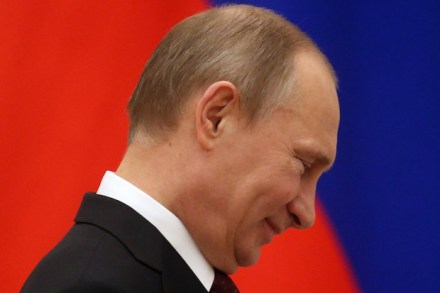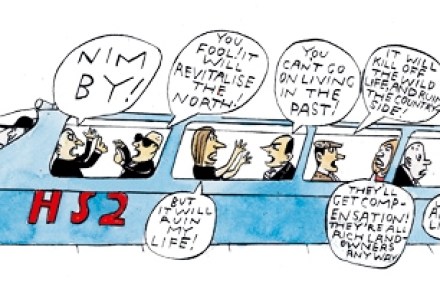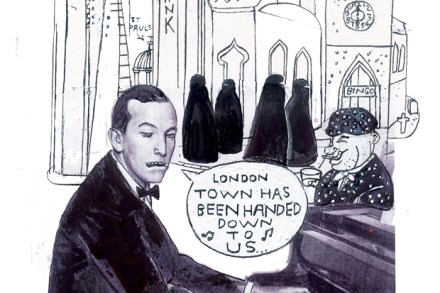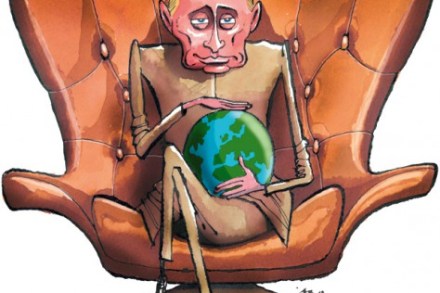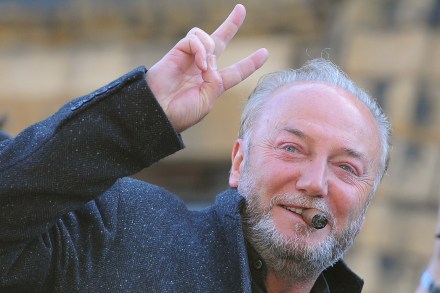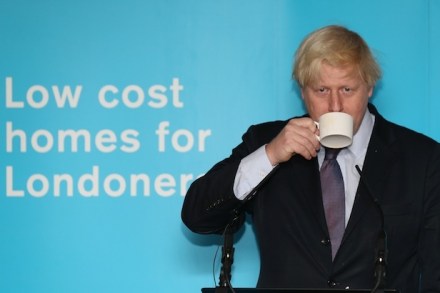Exclusive poll: Brits think we’re doomed in Eurovision (and blame the BBC)
Seven million of us will be tuning in at 8pm tomorrow night for the Eurovision final, rising to nine million when the UK number is played. But what do we expect to see, and do we think it’s rigged? The Spectator’s Culture House Daily blog, in conjunction with YouGov, is able to give you an exclusive poll of 1,860 Brits, seeing what the nation thinks about world’s most-watched cultural event. Seventeen years of hurt has led Britain to think that we just can’t win this thing anymore. A pitiful 1 per cent of those polled think Molly’s Children of the Universe will take the crown tomorrow night, a low figure
